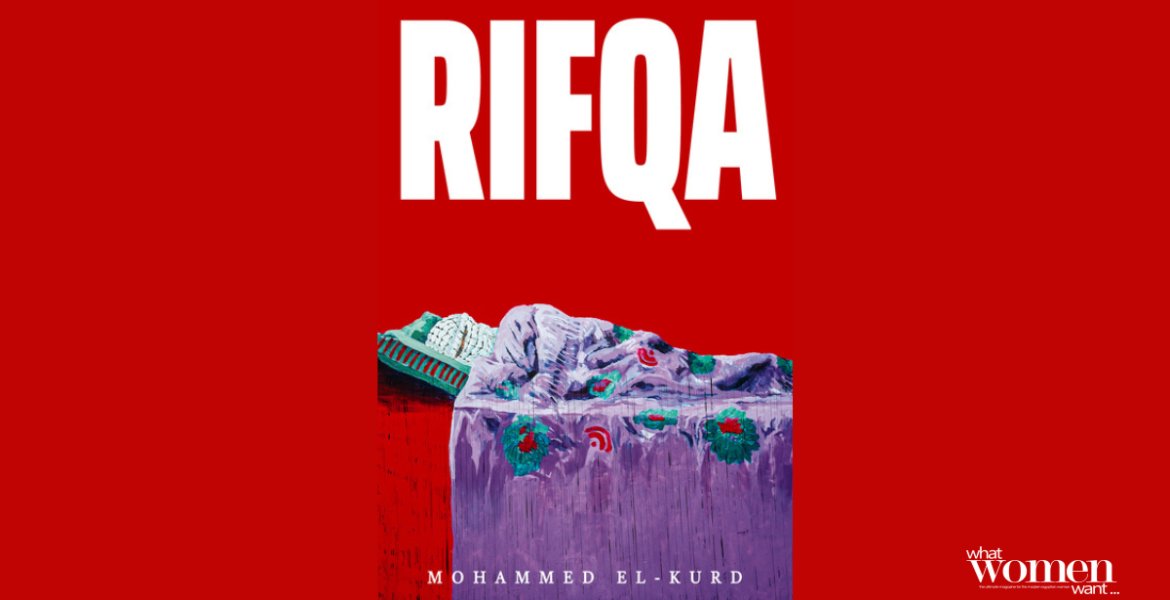“Rifqa” is Mohammed El-Kurd’s debut poetry collection. Published in 2021, the book was met with a warm welcome from readers and widely praised for its honest account of the trials and tribulations of the displacement and dispossession of Palestinians in Palestine.
El Kurd does a remarkable job of documenting the underbelly of modern Palestinian life. “If Shakespeare were from Palestine, he wouldn’t be writing.” It is hard to imagine how he even began trying to find the words, but he did it beautifully.
“In Jerusalem, every footstep is a grave”
A walk through the collection:
The book begins with a poem, “Born on Nakba Day”, that explores the beginning of the author’s life. He recounts his boyhood and the irony of his birth falling on the 50th anniversary of the Nakba. El Kurd plays a lot with symmetry in his poems. This is one of the things that makes his work so special.
The collection goes on to explore an array of emotions regarding the author’s dispossession from his family home in Sheikh Jarrah. In a case that popularized the author’s activism, the author and his sister Muna became known activists for their uproar against the illegal settlements in their neighborhood. Later, El Kurd went on to speak at the UN on Palestinian freedom in a speech: “ The question of Palestine cannot be solved without a free Palestine. I know that the occupation will end. The Palestinian cause will erupt victorious. We deserve justice and liberation within our lifetime, we deserve our land back.”
“If you ask me where I’m from it’s not a one-word answer. Be prepared seated, sober, geared up. If hearing about a world other than yours makes you uncomfortable, drink the sea, cut off your ears, blow another bubble to bubble your bubble and the pretense. Blow up another town of bodies in the name of fear. This is why we dance: My father told me: ‘Anger is a luxury we cannot afford’”
Who was “Rifqa”?
Rifqa is the author’s grandmother, who passed away at the age of 103. She was known as Jerusalem’s Jasmine. Rifqa was in her thirties when the Nakba happened, and she was one of the oldest survivors. El Kurd recounts stories of how his grandmother was a freedom fighter in his boyhood, in her eighties, and how he learned to fight for his freedom from her.
“She had embodied the Nakba’s plurality and stoically witnessed its crushing continuity. She had inserted herself into my interpretations. She became my moral compass. I’d measured everything by the tragedy she so stubbornly refused.”
One of the most central themes of the collection is Arab expression. The author explores how, in order to fight for his freedom, he has had to soften his language and watch his disposition. Then he talks about how in his growth he learned to take up however much space he needed, and how he should not be apologetic about the discomfort of his oppressors.
“There’s this naïve belief that Palestinians will acquire credibility only once they’ve amassed respectability. I did this to appear rational and unhostile. The truth, however, is very hostile.”
The collection is honest and beautifully put. It stunningly captures the myriad of emotions in a way that is heartbreakingly modern. It is a must-read, especially in light of the current events. This collection is a very interesting way to go about understanding how a Palestinian feels.

